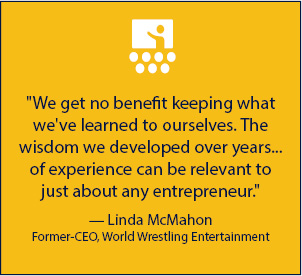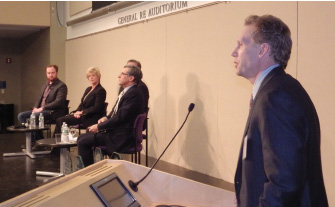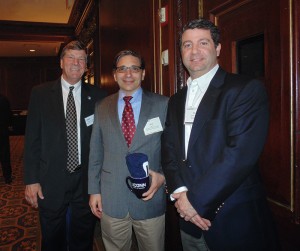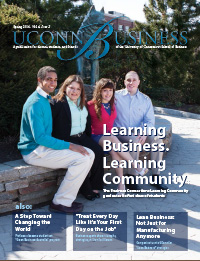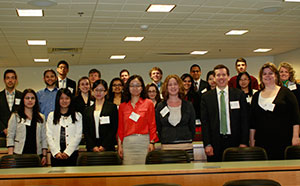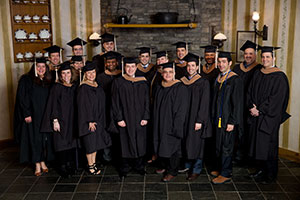Important Change for Domestic Students
(Effective Immediately)
The MsFRM program now allows domestic students both full-time and part-time options. The course sequence under the full time option is as follows:
Full-Time Option
- Fall I – 2 courses
- Spring I – 3 courses
- Summer I – 3 courses
- Fall II – take 3 courses
Total – 11 courses (33 credits)
Graduation in the December of following year.
All course are lock-step and must be taken in sequence
Part-Time Option
Under the part-time option, students are allowed the maximum possible flexibility to take as many or few courses as they wish every semester. However, courses are still lock-step and part-time students must wait until the course is offered again next academic year.
A suggested sequence of courses for part-time students is as follows:
- Fall I – 2 courses
- Spring I – any 2 courses (should take Fin Modeling II)
- Summer I – any 2 courses (should take Fin Modeling III)
- Fall II – 3 courses
- Spring II – 1 remaining course from Spring I
- Summer II – 1 remaining course from Summer I
Total – 11 courses (33 credits)
Graduation in the May of second year.
All course are lock-step and must be taken in sequence
Under the above Part Time scheme, part-time students will graduate in May of second year.
However, the program allows the students the maximum possible flexibility to choose as many or few courses as the part-time student wishes, subject to the following caveats:
- Domestic students will be allowed to take as many (not exceeding 3) or as few (including not taking any course) courses they choose during each semester.
- All domestic students are strongly advised to take at least one course each semester.
- All domestic students are strongly advised to take the Financial Modeling course sequence before they take the Financial Risk Management sequence, to the extent possible.
- Domestic students must finish the experiential learning project with the group to which he/she is assigned.
- All domestic students are strongly advised to finish the program within 2 years.
- All domestic students must finish the program (33 credits for the 15 month, 42 credits for the 20-month program) within 3 years from starting the program.
***Important – Students need to take a certain number of credits to be eligible for financial aid and to not have to repay loans. Students should be careful about their funding availability if they choose to take less credits per semester. Students are responsible to check with Financial Aid Office regarding this issue.
The part-time option is available to all domestic students with immediate effect, meaning current domestic students can take advantage of this change from this summer. Please also note that the current students choosing the part-time option will have to wait until next year when the same courses will be offered again, unless the course sequence is changed in which case they will be informed immediately.

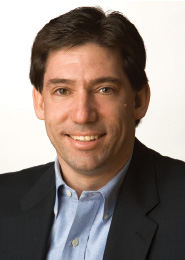 For alumnus Christopher Lafond ’87 (CLAS), service to community goes hand-in-glove with philanthropy, and he demonstrates both through a new named scholarship fund for students studying at the Stamford campus, where he is also an active volunteer.
For alumnus Christopher Lafond ’87 (CLAS), service to community goes hand-in-glove with philanthropy, and he demonstrates both through a new named scholarship fund for students studying at the Stamford campus, where he is also an active volunteer.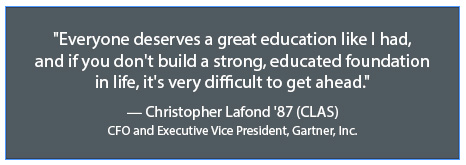
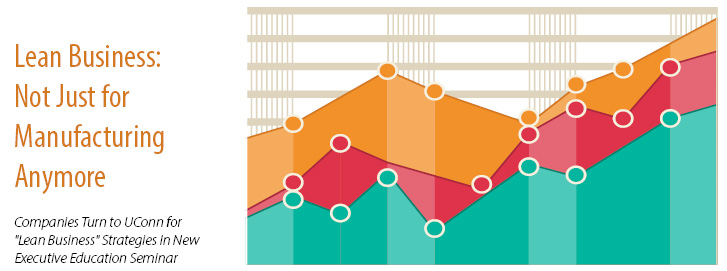
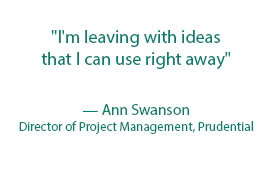
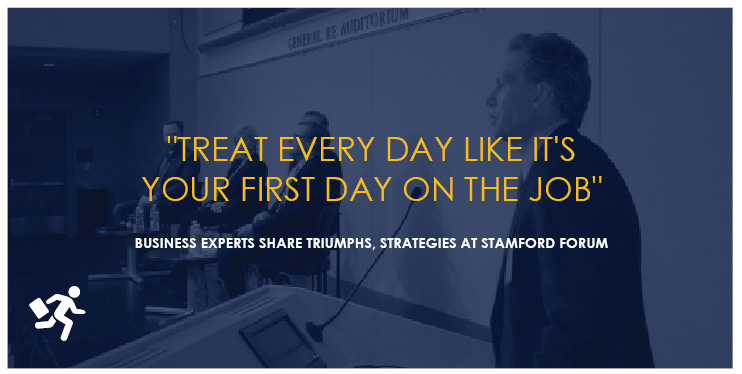
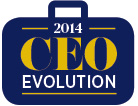 When a teenage boy asked if he could buy a World Wrestling Entertainment t-shirt, then-CEO Linda McMahon came up with a quick response.
When a teenage boy asked if he could buy a World Wrestling Entertainment t-shirt, then-CEO Linda McMahon came up with a quick response.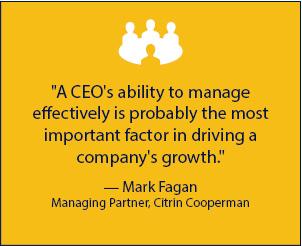 Co-sponsored by the UConn School of Business; Citrin Cooperman, an accounting, tax and consulting firm with an office in Norwalk; and the Fairfield County Business Journal, the CEO Evolution program was held on the Stamford campus in January.
Co-sponsored by the UConn School of Business; Citrin Cooperman, an accounting, tax and consulting firm with an office in Norwalk; and the Fairfield County Business Journal, the CEO Evolution program was held on the Stamford campus in January.